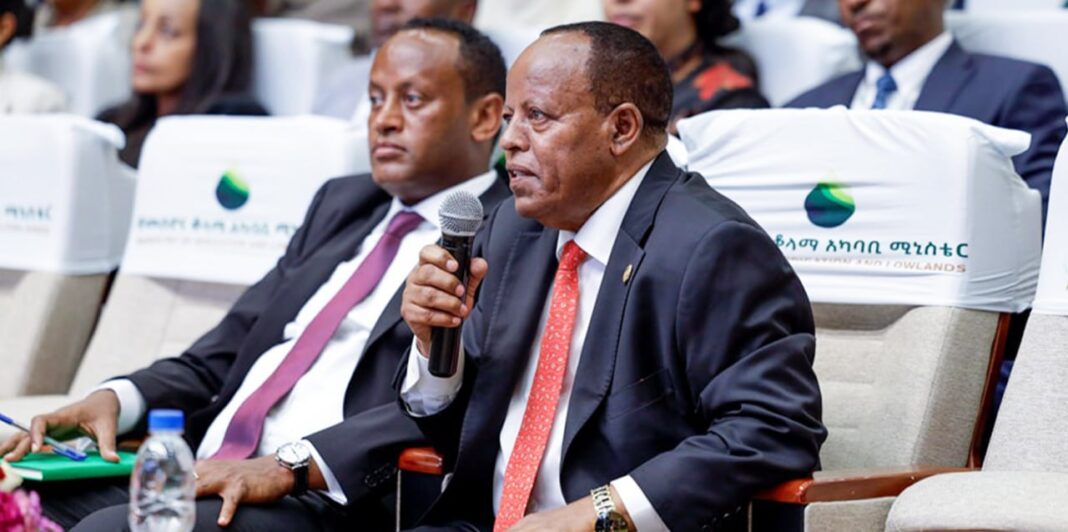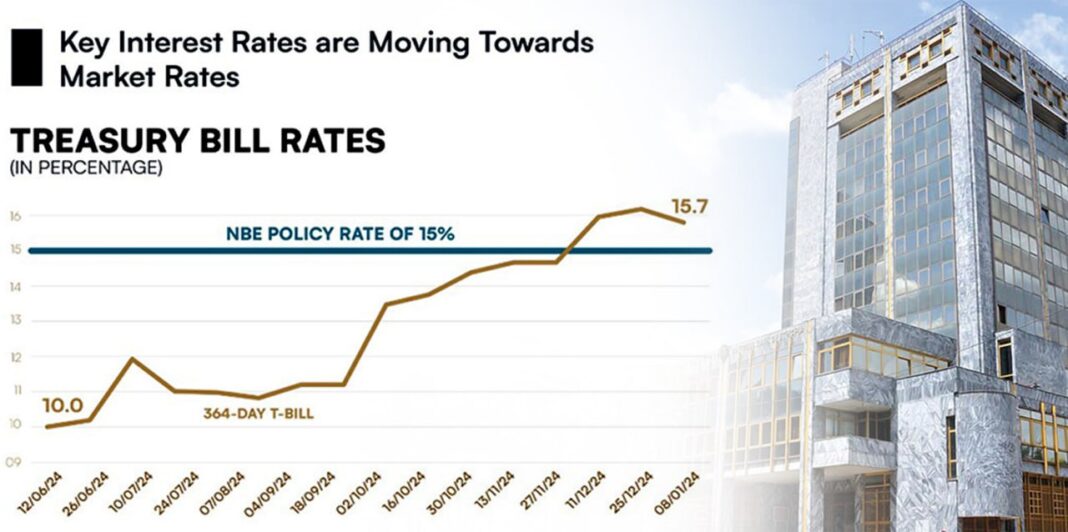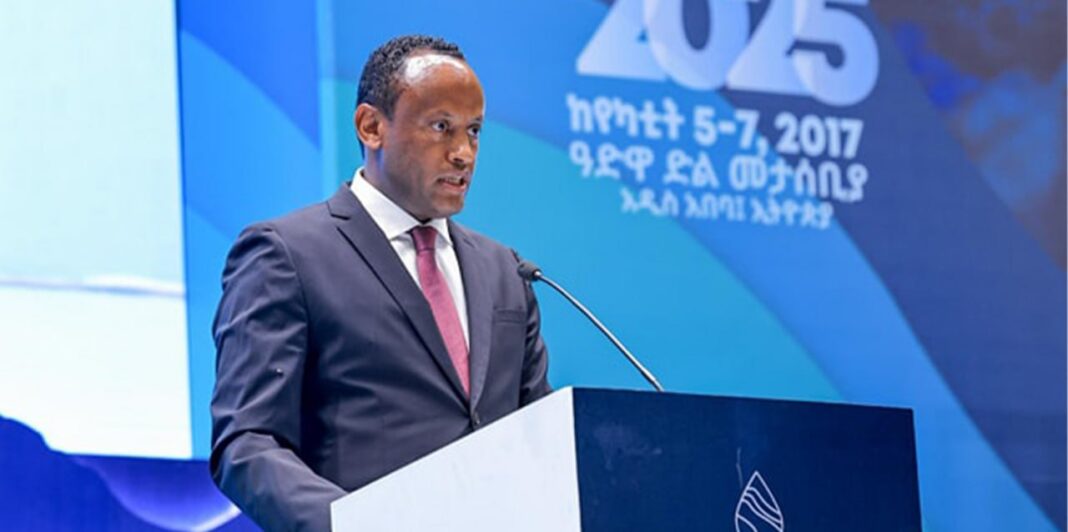A recent discussion has highlighted the critical importance of informed decision-making in Ethiopia’s irrigation sector, revealing how political agendas can adversely affect development projects. President Taye Atske-selassie emphasized the need for data-driven approaches during the 2025 Global Irrigation and Climate Resilient Production Conference, where African leaders gathered to exchange experiences and strategies.
The president pointed out that while some irrigation projects have thrived, others have faced catastrophic failures due to decisions made without proper data collection. “Significant funds have been invested in irrigation projects without adequate data collection,” he stated, referencing conversations with the Minister of Irrigation and Lowland.
During the conference, Taye underscored the role of leadership initiatives and informed decision-making in overcoming challenges within the irrigation sector. He noted that when projects are embraced and supported by local communities, they can lead to meaningful improvements. The success of a dry season farming initiative was cited as an example, demonstrating that despite having sufficient land, water, and manpower, the region has struggled with food self-sufficiency for years.

The president lamented that many irrigation projects have been marred by political considerations rather than relying on empirical data. “We spent a lot of money on those irrigation projects without proper data collection,” he explained. “This is the hardest lesson we have learned from this plan.”
Taye highlighted the devastating consequences of prioritizing political expediency over informed planning, stressing that such decisions have resulted in failures that serve as cautionary tales for future initiatives. He called for a shift towards prioritizing data and expert analysis to ensure successful development and prevent wasteful expenditure of resources.
The current situation reflects a delicate balance between supply and demand in Ethiopia’s irrigation sector. Leaders from various African nations shared their experiences navigating policy hurdles, emphasizing how internal political dynamics and global influences can complicate efforts to achieve food security.
In light of these challenges, Taye Atske-selassie urged for a more strategic approach to irrigation development that focuses on community involvement and data-driven decision-making. He expressed hope that Ethiopia’s experiences could serve as a model for other African countries striving for food security amidst similar challenges.







